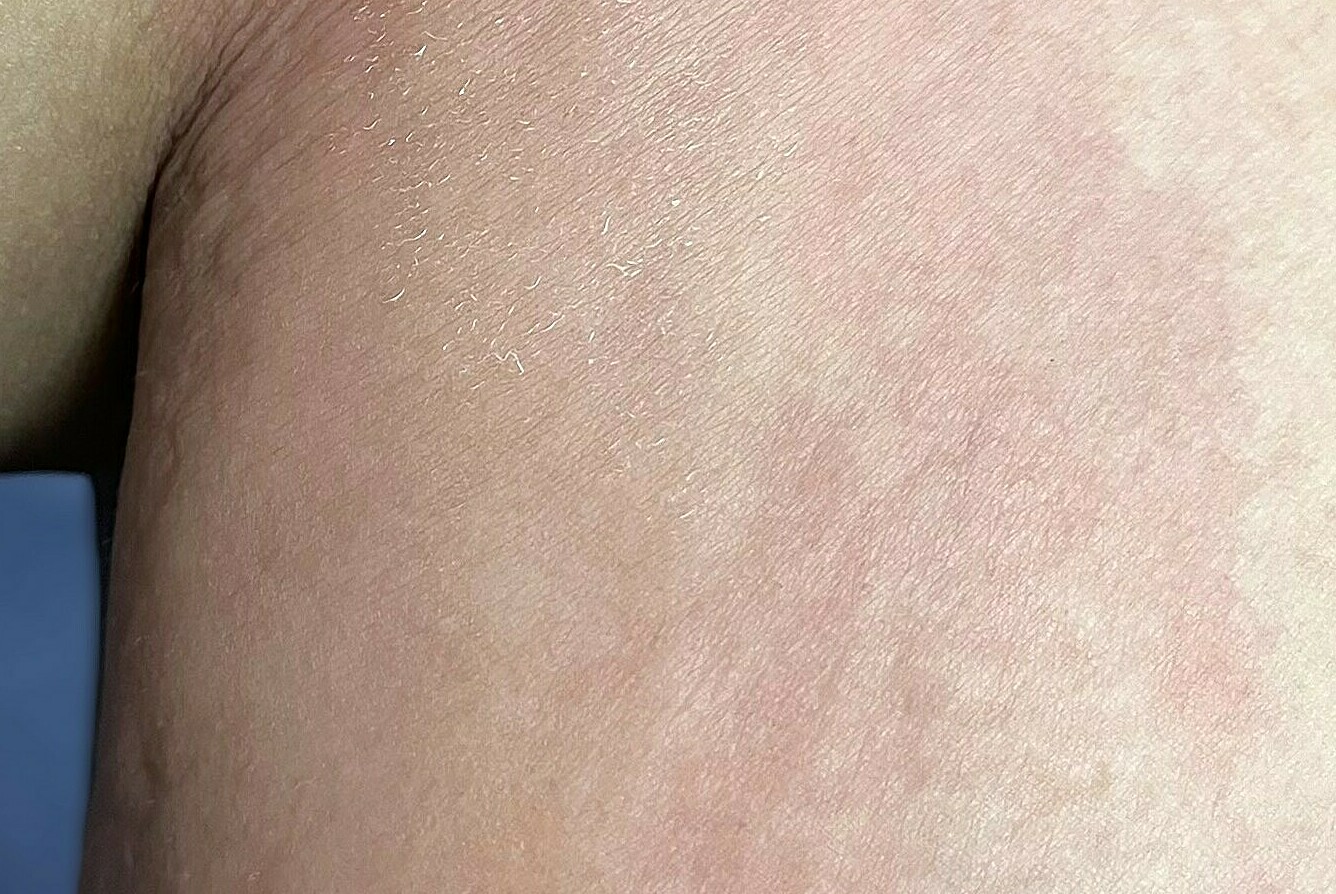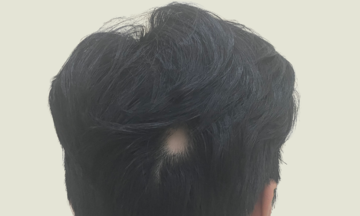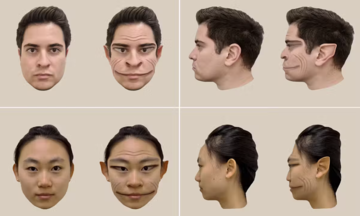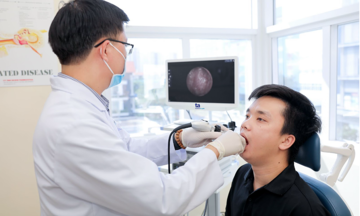Answer:
Japanese encephalitis is a blood-borne disease transmitted by over 30 mosquito species, most commonly the Culex mosquito (also known as the rice field mosquito). After feeding on infected birds and livestock such as pigs, buffalo, cows, and horses, these mosquitoes can transmit the virus to humans through their bites.
Your frequent mosquito bites, resulting in skin swelling and redness, place you in a high-risk group for Japanese encephalitis. Moreover, with the current ease of travel, trade, and tourism, the potential for exposure and infection has increased.
Japanese encephalitis is an acute infection of the central nervous system caused by the Japanese encephalitis virus. The disease can be severe, with a high risk of death and long-term complications. Without prompt treatment, the mortality rate can reach 30%. Among survivors, up to 50% experience severe complications such as deafness, paralysis, mental disorders, movement disorders, and impaired communication, impacting their quality of life and work.
 |
Swollen, red skin from mosquito bites increases the risk of mosquito-borne diseases like Japanese encephalitis, dengue fever, yellow fever, and Zika. Photo: NVCC |
Swollen, red skin from mosquito bites increases the risk of mosquito-borne diseases like Japanese encephalitis, dengue fever, yellow fever, and Zika. Photo: NVCC
Besides Japanese encephalitis, mosquito bites can also transmit diseases like malaria, yellow fever, and Zika. Therefore, you should not be complacent and should seek medical attention and undergo testing to determine the exact cause of your skin swelling and redness.
You should also take precautions to avoid mosquito bites, such as wearing long clothing and sleeping under mosquito nets, even during the day. Regularly spray mosquito repellent, maintain clean living spaces and animal enclosures to eliminate mosquito breeding grounds. When working in fields or tending to livestock, wear protective clothing. You should also practice regular handwashing with soap and consume cooked food and drinks. If you experience symptoms such as fever, headache, or drowsiness, seek immediate medical attention.
Japanese encephalitis can be prevented through vaccination. Vietnam, India, and Thailand offer three types of vaccines, available through both routine immunization programs and private clinics. Each type has a different schedule and booster regimen, with the earliest vaccination available for individuals from 9 months of age. The Vietnamese vaccine requires a booster shot every three years after the initial three-dose series. Individuals can switch between or combine vaccine types to better adhere to booster schedules.
Dr. Nguyen Tien Dao
Medical Manager, VNVC Vaccination System
Readers can submit vaccine-related questions for doctors to answer here.












